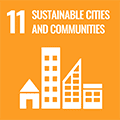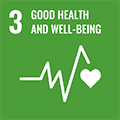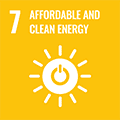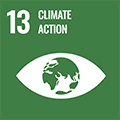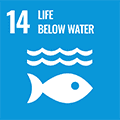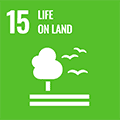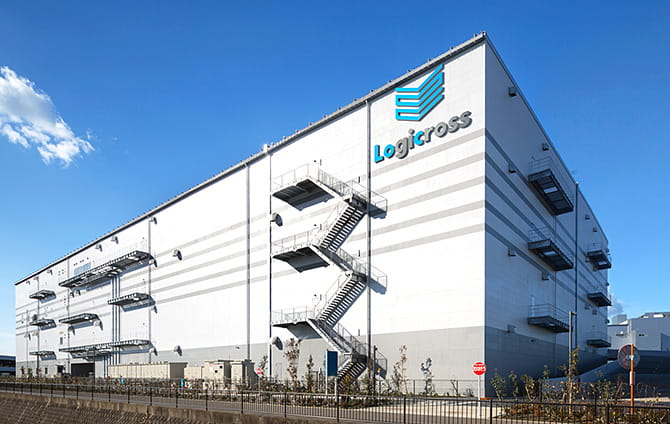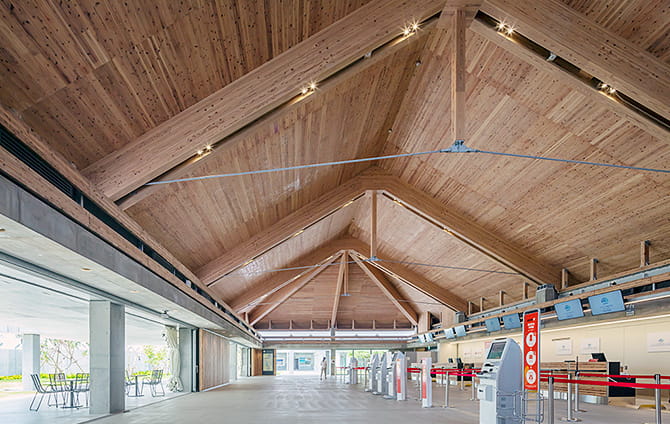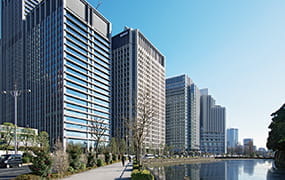Mitsubishi Estate Group 2030 Goals for SDGs
Key Theme 1: Environment
Sustainable urban development that proactively addresses climate change and environmental issues
MITSUBISHI ESTATE GROUP 2030 GOALS FOR SDGs
Key Theme 1: Environment
Sustainable urban development that proactively addresses climate change and environmental issues
Related SDGs
Opportunities and Risks
Opportunities and Risks
| Opportunities | Risks |
|---|---|
|
|
Scroll horizontally
DFF Inc.
Main Values Provided
Main Values Provided
- Urban development managed for climate change, waste, and energy
- Efficient and eco-friendly urban development leveraging existing properties
DFF Inc.
Targets and KPIs
Targets and KPIs
1
GHG Emissions Reduction Targets
(revision in March 2022)
Targets approved by the SBT initiative in June 2022

- Reduce Scope 1 + 2 by 70% or more and Scope 3 by 50% or more by fiscal 2030 compared to fiscal 2019 emissions
- Achieve net-zero emissions by 2050 (reduce Scope 1, 2, and 3 by 90% or more. Neutralize residual emissions*)
- Emissions that remain unabated within the value chain in the target year are termed “residual emissions.” The SBTi standard requires neutralizing any residual emissions using forest absorption and carbon removal technologies outside the value chain to counterbalance the impact of these unabated emissions and to achieve net-zero emissions.
Renewable Energy Rate Target (revision in March 2022)
Joined RE100

- Achieve 100% group-wide by fiscal 2025
2
Promote waste recycling and reduction of emissions focusing on food and plastic items
Waste recycling rate
in 2030
90%
Waste disposal
by 2030
20% reduction
(compared to FY2019, per m²)
3
- Promote sustainable timber use
DFF Inc.
OUR ACTION
OUR ACTION
DFF Inc.
Other Key Themes
Other Key Themes
Related Links
DFF Inc.
